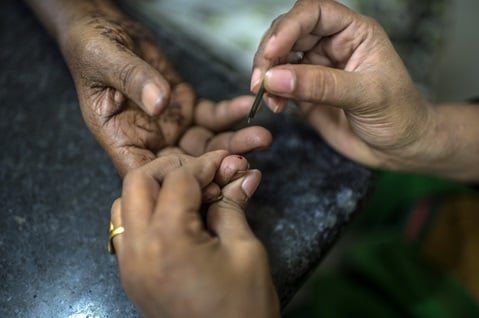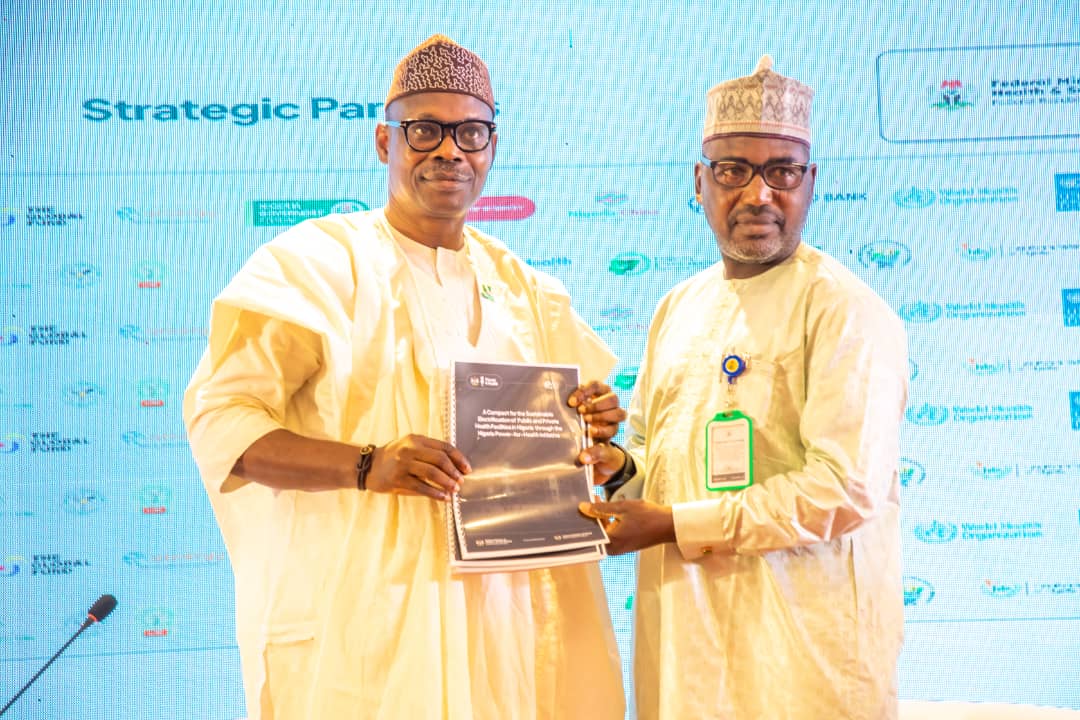
The acting Director of the Talabi Diabetes Centre in Isara Remo, Ogun State, Dr. Ayotunde Ale, has raised concerns about the growing prevalence of diabetes in the state.
Speaking at a program organized by the center to commemorate this year’s World Diabetes Day, Dr. Ale revealed that a recent report indicates 7.2% of Ogun State’s approximately 7 million residents are living with diabetes.
Dr. Ale expressed alarm over the rising cost of diabetes medication, which has made it increasingly difficult for patients to access the care they need.
“It is becoming more economically challenging for diabetes patients to access care because the prices of their drugs have skyrocketed,” she said.
She further noted, “We are seeing the effects of this on patients’ health because many can no longer afford their medications. This is why we emphasize controlling blood sugar, maintaining a healthy diet, exercising regularly, and adhering to prescribed treatments to prevent complications.”
Call for Government Intervention
Dr. Ale called on the government to step in and subsidize diabetes medications and related care. “Most of these patients can no longer afford their drugs or the glucometers needed to monitor their blood sugar daily. Many are elderly or dependent on unemployed children. The government must intervene urgently, as other countries like Cameroon and Ghana have done,” she appealed.
She also highlighted that, nationwide, 5.4% of Nigeria’s over 200 million population is diabetic, stressing the need for a coordinated response to address this growing public health crisis.
Raising Awareness and Prevention
Dr. Olubiyi Adesina, the Coordinator of the Talabi Diabetes Centre, explained that the program was aimed at raising awareness, promoting prevention, and educating patients on effective diabetes management.
“The theme for this year is Diabetes and Well-being. We are urging patients to keep their blood sugar under control to prevent complications affecting vital organs like the eyes, kidneys, brain, and nerves. Regular monitoring and management are crucial,” Dr. Adesina said.
He also encouraged Nigerians who are unaware of their diabetic status to get screened, noting that approximately 6 million Nigerians, the highest number in Africa, are living with diabetes.
Healthy Lifestyles to Curb Diabetes
The guest lecturer at the event, Dr. Abimbola Lawal, emphasized the importance of healthy lifestyles in preventing and managing diabetes. “Although diabetes can be hereditary, unhealthy habits such as consuming junk food, overeating, obesity, and leading a sedentary lifestyle significantly increase the risk,” she said.
Dr. Lawal urged diabetic patients to adhere to their medications, engage in regular physical activity, eat a balanced diet, and seek medical help when necessary. “Managing diabetes requires commitment to a healthy lifestyle and regular medical check-ups to avoid severe complications,” she added.
The expert further call for collective action to address the diabetes crisis, including increased public awareness, lifestyle changes, and government support for affordable diabetes care.





